Cetirizine Tablet 5 mg for Dogs: A Comprehensive Guide to Allergy Relief
Whether it’s from seasonal pollen, dust mites, or food sensitivities, dogs frequently experience symptoms such as itching, sneezing, watery eyes, and even ear infections. As pet owners, it’s essential to find effective treatments that can alleviate these discomforting symptoms and improve your dog’s quality of life.
One such effective treatment is Cetirizine, a second-generation antihistamine that is widely used to treat allergy symptoms in both humans and animals. If your dog suffers from allergies, Cetirizine may be a safe and effective option to manage their symptoms.
What is Cetirizine?
Cetirizine is a second-generation antihistamine, meaning it is designed to effectively block histamine receptors while causing less sedation or drowsiness compared to first-generation antihistamines. In humans, it is commonly used to relieve symptoms of hay fever, allergic rhinitis, and other allergy-related conditions.
When administered to dogs, Cetirizine works by targeting and blocking histamine, which is released by the immune system during allergic reactions. Histamine causes the typical symptoms of allergies, including itching, swelling, sneezing, and redness. By blocking these effects, Cetirizine helps to reduce discomfort, inflammation, and the body’s allergic response.
Unlike older antihistamines like Diphenhydramine, which can cause drowsiness and lethargy, Cetirizine is considered much safer for long-term use in pets due to its low sedative properties. It’s available in 5 mg tablets, which are an ideal size for most dogs, and can be administered easily.
Common Allergies in Dogs
Understanding the types of allergies that affect dogs is crucial when considering Cetirizine Tablet 5 mg as a treatment option. These allergens can come from the environment, food, or even contact with certain materials.
1. Environmental Allergies
Environmental allergens are the most common cause of allergic reactions in dogs. These include:
- Pollen from trees, grass, and weeds during certain seasons.
- Dust mites that live in household furniture, carpets, and bedding.
These environmental allergens can cause your dog to sneeze, itch, or develop watery eyes.
2. Flea Allergies
Flea Allergy Dermatitis (FAD) is a common condition in which dogs are allergic to the saliva of fleas.
3. Food Allergies
Food allergies are another type of allergy that can affect dogs. Common allergens in dog food include:
- Beef, chicken, or lamb
- Grains such as wheat, corn, or soy.
- Dairy products or other food additives.
Food allergies in dogs can result in gastrointestinal issues, such as vomiting or diarrhea, as well as skin reactions like itching or rashes.
4. Contact Allergies
- Certain fabrics or materials in clothing, bedding, or harnesses.
- Chemicals in household cleaning products or insect repellents.
- Plants or grasses that irritate their skin.
Symptoms of Allergies in Dogs
Allergies in dogs manifest in various ways. Some common signs include:
- Itching and scratching, particularly around the face, paws, or ears.
- Sneezing, nasal discharge, and watery eyes.
- Skin redness, bumps, or hot spots caused by excessive scratching.
- Ear infections or inflammation.
- Vomiting or diarrhea in the case of food allergies.
If your dog is experiencing these symptoms, it could be an indication of an allergic reaction. In such cases, Cetirizine could help alleviate the discomfort and provide relief.
Indications for Cetirizine Tablet 5 mg for Dogs
Cetirizine 5 mg tablets are primarily indicated for the treatment of allergic symptoms in dogs. The main conditions where Cetirizine is beneficial include:
1. Itchy Skin (Atopic Dermatitis)
It’s often caused by environmental allergens like pollen, mold, and dust mites. This condition results in severe itching, redness, and inflammation of the skin. Cetirizine can help reduce the severity of these symptoms by blocking histamine receptors, thereby relieving itching and discomfort.
2. Seasonal Allergies
Seasonal allergies are prevalent during certain times of the year when airborne allergens like pollen are high. Dogs exposed to these allergens may develop sneezing, itching, watery eyes, and nasal discharge. Cetirizine can help manage these seasonal symptoms, providing much-needed relief during peak allergy season.
3. Flea Allergy Dermatitis (FAD)
Flea Allergy Dermatitis is another condition in which Cetirizine can be beneficial. Dogs suffering from FAD often experience intense itching and inflammation due to flea bites.
4. Urticaria (Hives)
Hives, or urticaria, are raised, red, and itchy bumps that appear on the skin as a result of an allergic reaction. Cetirizine can help reduce the histamine release associated with hives and provide relief from this allergic condition.
5. Allergic Rhinitis
Allergic rhinitis is an inflammation of the nasal passages caused by allergens like pollen or dust. Dogs with this condition may exhibit symptoms such as sneezing, nasal discharge, and congestion. Cetirizine helps reduce inflammation and improve breathing by blocking the action of histamine.
6. Other Skin Rashes and Reactions
Cetirizine is also effective for other allergic skin conditions, such as mild rashes or hives, that occur due to food sensitivities or contact allergies. By managing the body’s allergic response, Cetirizine helps to soothe the skin and reduce inflammation.
Benefits of Cetirizine Tablet 5 mg for Dogs
- Effective Allergy Relief: Cetirizine is highly effective in alleviating common allergy symptoms like itching, swelling, and inflammation, offering significant relief for dogs suffering from allergic reactions.
- Low Sedative Effect: Unlike first-generation antihistamines, Cetirizine has minimal sedative effects, meaning it helps control allergies without causing excessive drowsiness, making it safer for long-term use.
- Versatile Use: Cetirizine can treat a variety of allergic conditions in dogs, including atopic dermatitis, seasonal allergies, flea allergy dermatitis, urticaria (hives), and allergic rhinitis.
- Non-Prescription Option: Cetirizine is commonly available in a 5 mg tablet form and may be prescribed by veterinarians as a cost-effective solution for managing allergies in dogs.
- Safe for Long-Term Use: Cetirizine can be used for chronic allergic conditions, providing ongoing relief without significant side effects when dosed correctly.
- Well-Tolerated: It is generally well-tolerated by most dogs, with fewer gastrointestinal and sedative side effects compared to other antihistamines.
Dosage Instructions for Cetirizine Tablet 5 mg for Dogs
When administering Cetirizine 5 mg tablets to dogs, the dosage is generally based on their size and weight. Cetirizine is typically given once a day, but the exact dosage should be determined by your veterinarian based on your dog’s specific condition and health needs.
Standard Dosage:
| Dog Weight | Dosage | Frequency | Total Tablets per Day |
| Less than 10 kg (22 lbs) | 5 mg (1 tablet) | Once Daily | 1 Tablet |
| 10 kg – 20 kg (22 – 44 lbs) | 10 mg (2 tablets) | Once Daily | 2 Tablets |
| More than 20 kg (44 lbs) | 10 mg – 20 mg (2 – 4 tablets) | Once Daily | 2 – 4 Tablets |
Important Tips for Administration:
- With or Without Food: Cetirizine can be given with or without food, but if your dog has a sensitive stomach, giving it with food might help minimize potential gastrointestinal upset.
- Monitor for Side Effects: Watch for any side effects, such as drowsiness or gastrointestinal discomfort.
Possible Side Effects and Safety Considerations for Cetirizine in Dogs
Cetirizine is a widely used antihistamine for treating allergies in dogs, but like any medication, it can cause side effects. Here’s a quick overview of the potential side effects and precautions.
Potential Side Effects
- Drowsiness or Sedation: Some dogs may feel tired or lethargic, though this is generally mild compared to first-generation antihistamines.
- Dry Mouth: Cetirizine can reduce saliva production, leading to increased thirst.
- Gastrointestinal Upset: Vomiting or diarrhea may occur in some dogs, especially if they have sensitive stomachs.
- Loss of Appetite: A decrease in appetite is possible; if it lasts more than 24 hours, contact your vet.
- Behavioral Changes: Rarely, dogs may experience agitation or excessive lethargy.
- Severe Allergic Reactions: Swelling, difficulty breathing, or hives are rare but require immediate veterinary attention.
Precautions
- Consult a Vet: Always check with your vet before starting Cetirizine, especially if your dog has pre-existing conditions.
- Correct Dosage: Follow your vet’s prescribed dosage carefully to avoid side effects or overdose.
- Monitor for Side Effects: Keep an eye on your dog’s behavior and health, especially when starting the medication.
- Avoid Mixing with Other Medications: Some drugs may interact with Cetirizine, so inform your vet of all medications your dog is on.
- Special Health Conditions: Dogs with kidney or liver disease, or those who are pregnant or nursing, may need adjustments or alternative
Evidence-Based Research on Cetirizine for Dogs
Key Findings:
- Atopic Dermatitis: Research shows Cetirizine reduces itching, inflammation, and redness in dogs with allergic skin conditions. It helps manage chronic symptoms of atopic dermatitis, improving skin health and comfort.
- Seasonal Allergies: Cetirizine has been proven effective in reducing symptoms of allergic rhinitis in dogs, including sneezing, nasal discharge, and watery eyes, especially during allergy seasons.
- Flea Allergy Dermatitis (FAD): Cetirizine can provide relief from the intense itching caused by flea allergies, complementing flea control treatments.
- Better Tolerability: Clinical studies show that Cetirizine is better tolerated than first-generation antihistamines, with fewer sedative effects, making it suitable for long-term use.
Conclusion
Cetirizine Tablet 5 mg offers an effective, safe, and well-tolerated solution for managing various allergy-related symptoms in dogs. Whether your dog is suffering from environmental allergens, flea-induced dermatitis, food allergies, or seasonal rhinitis, Cetirizine can provide significant relief by blocking histamine and reducing inflammation, itching, and discomfort. With its minimal sedative effects, Cetirizine is a preferred choice over first-generation antihistamines, making it suitable for long-term use. When administered according to your veterinarian’s recommendations, Cetirizine can help manage your dog’s allergy symptoms without causing unwanted drowsiness or side effects. It’s an accessible, cost-effective treatment option that can dramatically improve your dog’s quality of life, especially during peak allergy seasons.







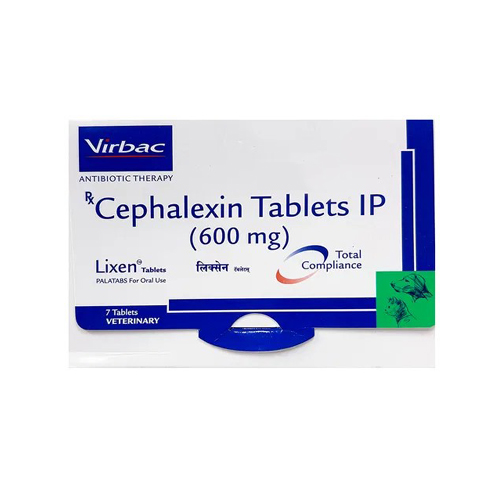
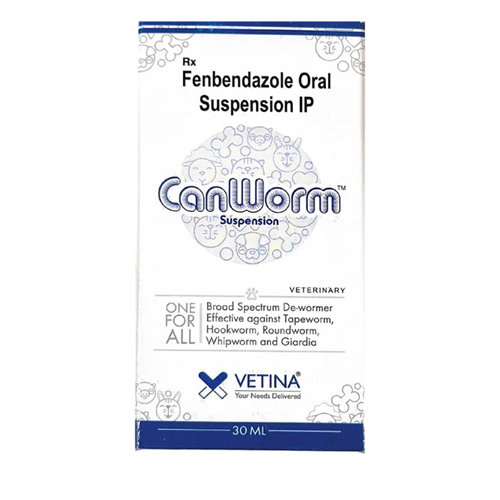




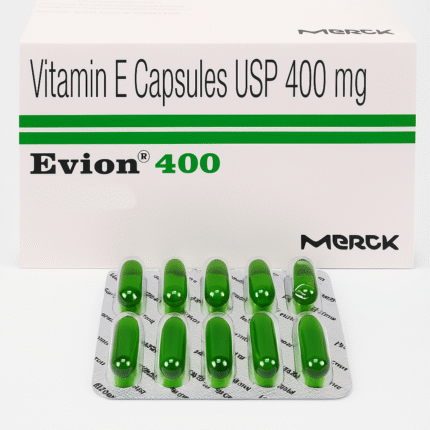
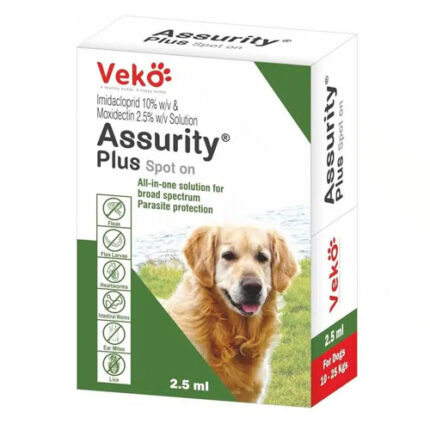

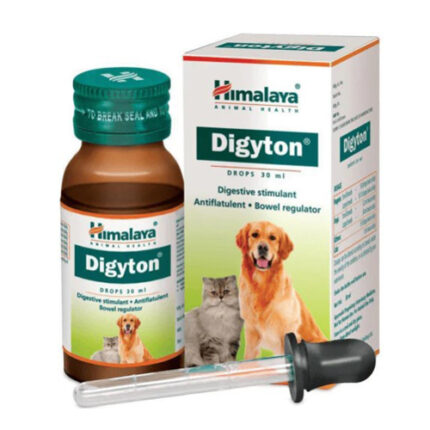
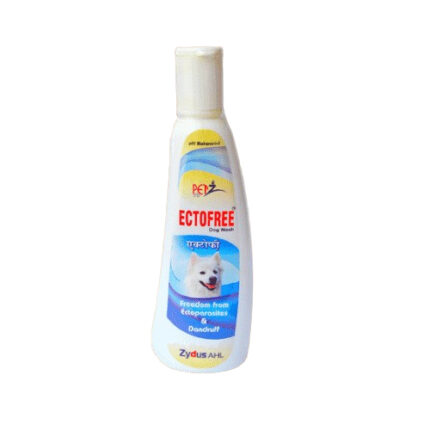
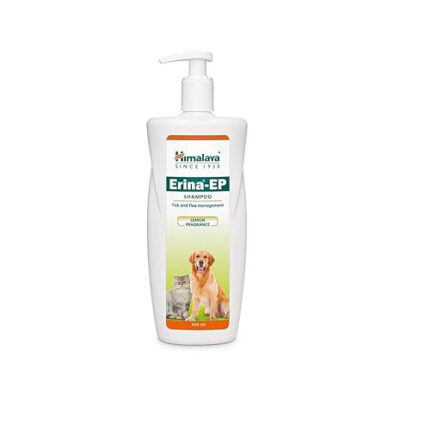
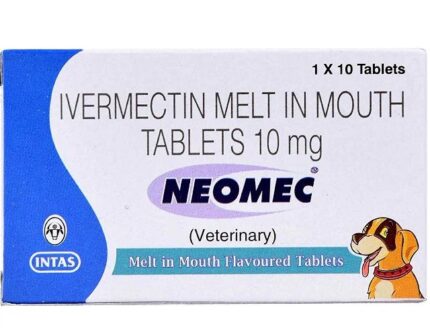

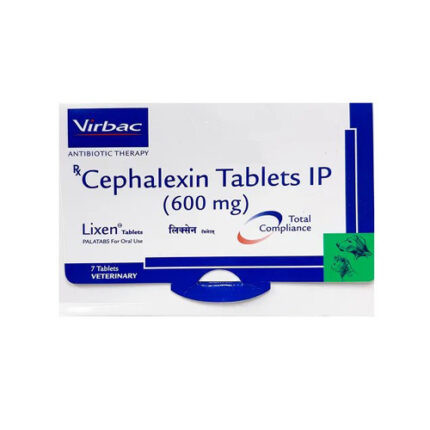
Reviews
There are no reviews yet.